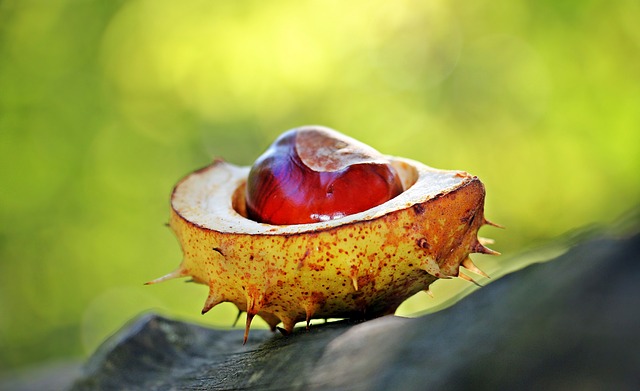Discovering Nature’s Probiotics: Exploring Traditional Fermented Foods from Around the Globe
Probiotics have gained immense popularity in recent years for their potential health benefits. While many people associate probiotics with yogurt or supplements, there is a rich variety of probiotic-rich foods found in different cultures around the world. These traditional fermented foods not only provide a delicious addition to any meal but also offer a natural source of beneficial bacteria for our gut health.
Kimchi – Korea’s Tangy Fermented Delight
Kimchi is a staple in Korean cuisine and is made by fermenting vegetables like cabbage, radishes, and scallions with a mix of spices and seasonings. This tangy and spicy condiment is not only rich in probiotics but also packed with vitamins, minerals, and antioxidants. Consuming kimchi helps promote digestion, boost the immune system, and improve overall gut health.
Sauerkraut – The Fermented Cabbage Classic
Sauerkraut, a popular traditional dish in Germany and Eastern Europe, is made by fermenting finely shredded cabbage with salt. The fermentation process enhances the nutritional value of cabbage, making it a great source of vitamins C and K, as well as beneficial bacteria. Incorporating sauerkraut into your diet can support a healthy gut, aid in digestion, and contribute to a strong immune system.
Miso – Japan’s Traditional Fermented Soy Powerhouse
Miso is a traditional Japanese seasoning made by fermenting soybeans with a starter culture known as koji, which is made from rice, barley, or soybeans. This fermentation process produces a savory paste that is used in soups, marinades, and dressings. Besides being a source of probiotics, miso is also rich in essential amino acids, vitamins, and minerals. Adding miso to your meals not only enhances the flavor but also supports gut health and provides a natural boost to your immune system.
Kombucha – The Sparkling Probiotic Tea
Kombucha is a fizzy, fermented drink that originated in China over 2,000 years ago. It is made by fermenting sweetened tea with a symbiotic colony of bacteria and yeast (SCOBY). The fermentation process produces a tangy and slightly sweet beverage rich in probiotics, organic acids, and antioxidants. Enjoying a glass of kombucha can aid in digestion, detoxification, and provide a refreshing boost of beneficial bacteria.
Yogurt – A Classic Probiotic Powerhouse
Yogurt is perhaps one of the most well-known and widely consumed probiotic foods. This dairy product is made by fermenting milk with a variety of live bacterial cultures, including Lactobacillus bulgaricus and Streptococcus thermophilus. The fermentation process converts lactose (milk sugar) into lactic acid, giving yogurt its tangy flavor and creamy texture. Besides its probiotic content, yogurt is rich in protein, calcium, and vitamin B12. Incorporating yogurt into your daily diet can contribute to a healthy gut and strengthen the immune system.
Tempeh – Indonesia’s Nutrient-Dense Soybean Block
Tempeh is a traditional Indonesian food made from fermented soybeans. The fermentation process binds the soybeans into a firm, cake-like form. Tempeh is a popular meat alternative due to its high protein content and nutty flavor. It is also a rich source of probiotics, vitamins, and minerals. Adding tempeh to your meals can improve gut health, enhance digestion, and provide essential nutrients.
Sourdough Bread – The Fermented Loaf
Sourdough bread is made through a natural fermentation process that involves wild yeasts and lactic-acid bacteria. This traditional method not only yields a deliciously tangy and aromatic bread but also increases the bioavailability of nutrients and reduces gluten content. The fermentation process breaks down phytic acid, making it easier for our bodies to absorb minerals. Additionally, the beneficial bacteria found in sourdough bread can contribute to a healthy gut microbiome.
These are just a few examples of the many traditional fermented foods from around the world. Incorporating these probiotic-rich delights into your diet can provide numerous health benefits, such as improved digestion, enhanced immune function, and overall gut health. So, why not embark on a culinary adventure and explore the diverse flavors and probiotic wonders of traditional fermented foods?
Remember,







